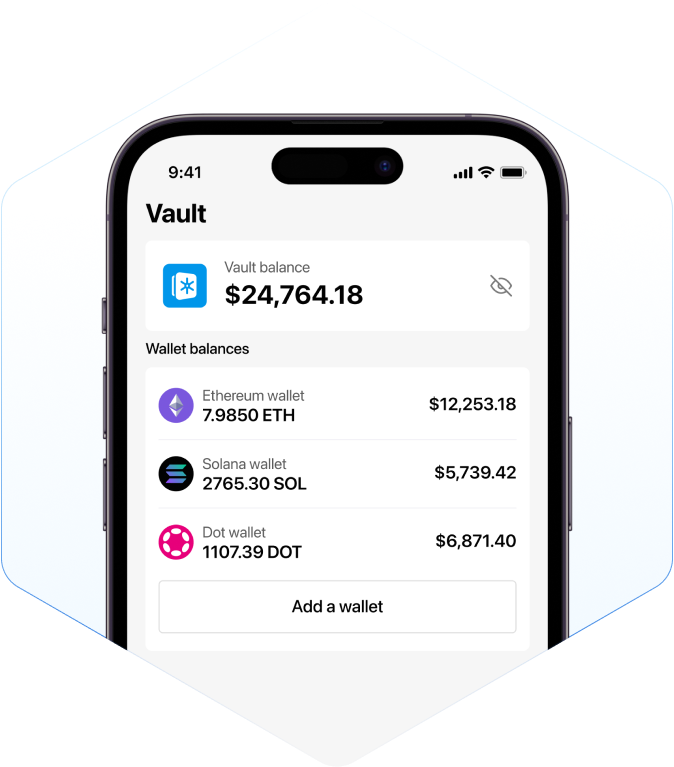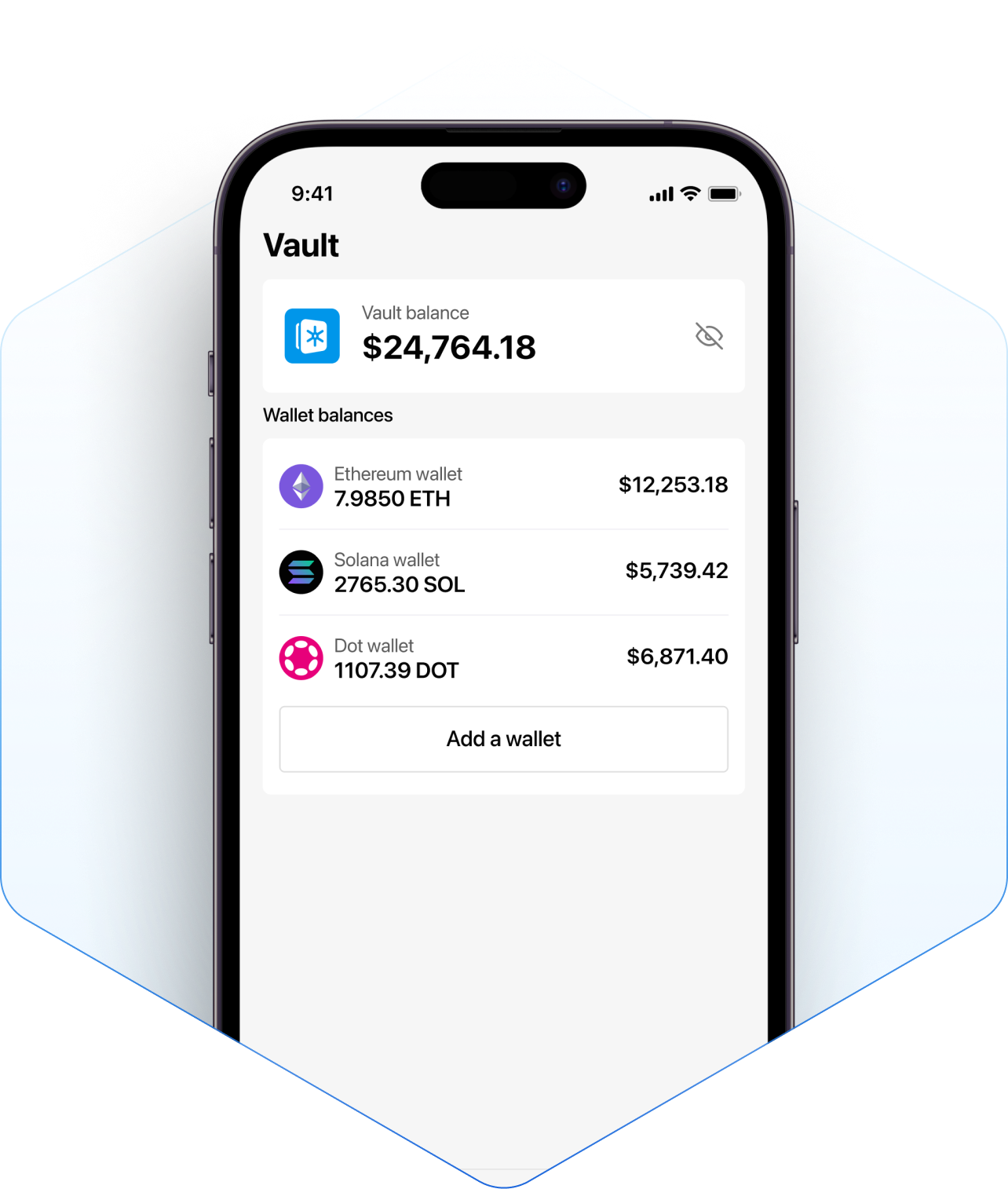The crypto wallet where security meets convenience
Advanced Threshold Signature cryptography makes crypto ownership easy, safe, and always in your control
Leading technology trusted by industry experts
Advanced storage means ultimate security
Distributed storage protects against loss
Cutting-edge cryptography distributes your crypto across multiple devices
Social recovery means peace of mind
Avoid mistakes with a network of trusted Guardians that can help recover lost crypto
True ownership for full control
You are always the only one in control. No one can access your crypto other than you
Quick and easy setup
Buy, store, and use crypto effortlessly
Unbeatable protection and peace of mind

All the security none of the work
Unique storage system makes crypto ownership easy and safe without complicated setup
Multi-chain support.
Store all your crypto and NFTs safely in one place
Backed and supported by






Download Gridlock


